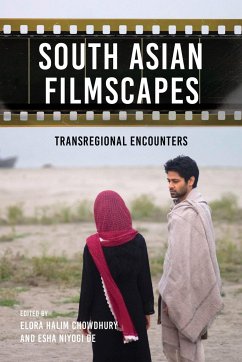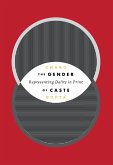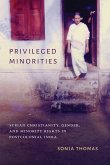"According Esha De and Elora Chowdhury, the legacies of industrial and independent cinemas in the subcontinent of South Asia reveal an intertwining of South Asian histories that show geopolitical and social boundaries to be both porous and hybrid. On the one hand, cinematic portrayals encode the effects of the massive geopolitical rifts born in postcolonial south Asia of religious, linguistic, and ethnic conflicts--the primary being the India-Pakistan Partition (1947) and the Bangladesh Liberation War (1971). Practices and policies of cinema in the nation-states (India, Pakistan, Bangladesh) likewise reinforce prevailing hierarches of identity and belonging. On the other hand, the combined histories of cinema and sociality in the South Asian region are replete with cross fertilization the effects of which lingered on well past the Partition of India and Pakistan and the birth of Bangladesh. The essays in this volume reveal ways in which fixed notions of national identity have been destabilized by the cross-border mobility of filmed arts and practitioners across South Asia and interrogate how filmic politics intersect with discourses around nationalism, sexuality and gender, religion, and language"--
Hinweis: Dieser Artikel kann nur an eine deutsche Lieferadresse ausgeliefert werden.
Hinweis: Dieser Artikel kann nur an eine deutsche Lieferadresse ausgeliefert werden.








